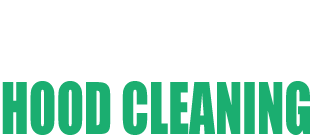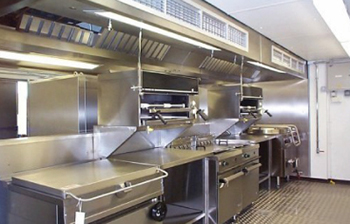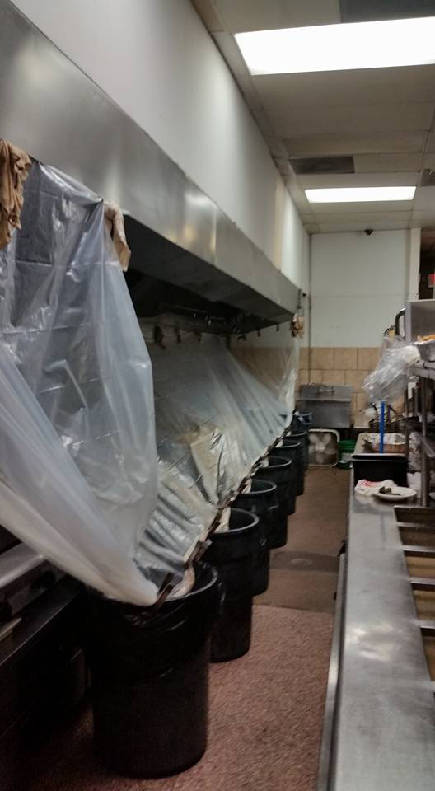Unlocking Savings: How Hood Cleaning Supports Energy Efficiency and Cost Reduction in San Jose Kitchens
Discover how professional hood cleaning can unlock savings and support energy efficiency in San Jose kitchens. Learn about the benefits, cost reduction, and expert tips to optimize your kitchen’s performance.
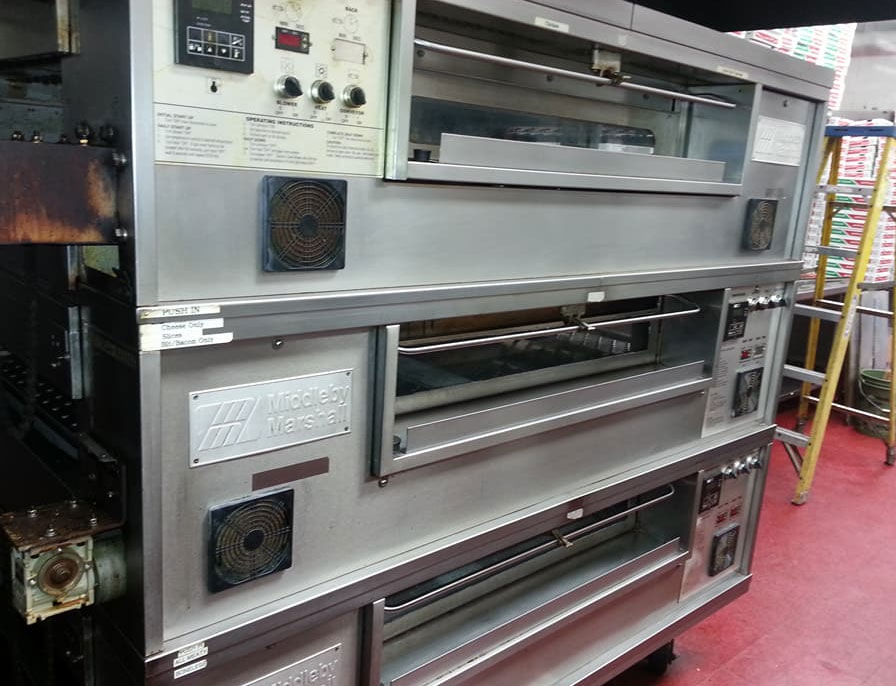
Introduction
Welcome to an informative journey that will uncover the secrets of unlocking savings through the power of hood cleaning in San Jose kitchens. In this comprehensive article, we will explore the importance of keeping your kitchen’s exhaust system clean and how it directly impacts energy efficiency and cost reduction. We’ll delve into expert insights and personal experiences to demonstrate the significance of this crucial process. So, if you’re ready to optimize your kitchen and save money while doing so, let’s get started!
The Significance of Hood Cleaning
Hood cleaning is the process of removing grease, grime, and residue buildup from kitchen exhaust hoods, filters, and ductwork. While it may seem like a mundane task, it plays a pivotal role in the overall efficiency and safety of your kitchen. When your hood is clean, it functions optimally, ensuring proper ventilation and preventing potential fire hazards.
The Link Between Hood Cleaning and Energy Efficiency
1. Energy-Efficient Kitchen Ventilation
A clean kitchen hood facilitates better airflow, allowing the ventilation system to operate efficiently. When exhaust fans and ducts are unobstructed, they require less energy to remove odors, smoke, and excess heat from the cooking area. This translates to significant energy savings and a more environmentally-friendly kitchen.
2. Reduced Appliance Strain
When grease and debris accumulate in the hood and filters, it forces kitchen appliances to work harder to maintain proper airflow. As a result, appliances like stoves and ovens consume more energy to compensate for the reduced ventilation. Regular hood cleaning alleviates this strain, leading to reduced energy consumption and longer-lasting appliances.
3. Lower Cooling Costs
Inefficient kitchen ventilation can lead to elevated temperatures in the cooking area. Consequently, your air conditioning system may work harder to maintain a comfortable environment, increasing cooling costs. Proper hood cleaning ensures a cooler kitchen, reducing the load on your cooling system and, in turn, lowering your energy bills.
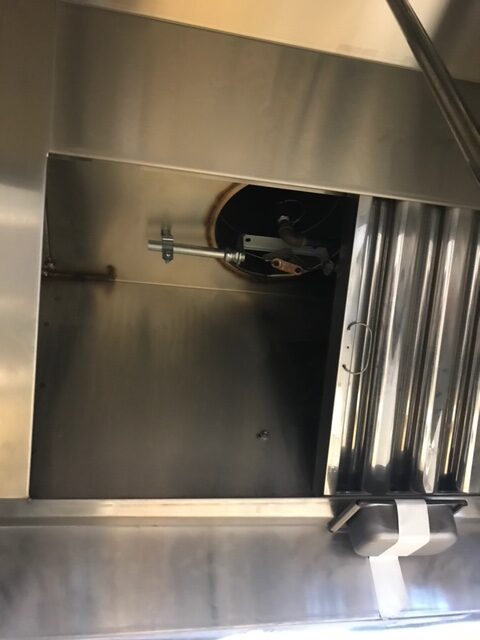
Cost Reduction Through Hood Cleaning
1. Extended Appliance Lifespan
As mentioned earlier, a clean hood reduces strain on kitchen appliances. By alleviating this pressure, the lifespan of your appliances is extended, sparing you the cost of frequent repairs or replacements.
2. Lower Maintenance Expenses
When grease accumulates in the exhaust system, it becomes a breeding ground for pests and bacteria. This can lead to various issues, such as foul odors and potential health hazards. Regular hood cleaning prevents these problems, resulting in lower maintenance expenses and a healthier kitchen environment.
3. Fire Prevention and Insurance Savings
Grease buildup in the hood and ducts is a major fire hazard. Keeping your hood clean significantly reduces the risk of kitchen fires, potentially leading to lower insurance premiums due to reduced fire-related claims.
Expert Tips for Optimal Hood Cleaning
1. Schedule Regular Cleanings
Create a routine for hood cleaning to ensure it is performed at least every three to six months. Regular cleanings will prevent excessive buildup and maintain a consistently efficient exhaust system.
2. Hire Professional Cleaning Services
While some kitchen owners attempt to clean hoods themselves, it is best to hire professional hood cleaning services for a thorough and effective job. Experts have the knowledge, experience, and specialized equipment to tackle even the toughest cleaning tasks.
3. Prioritize Safety Measures
When conducting any cleaning task, including hood cleaning, prioritize safety. Use appropriate safety gear, turn off appliances, and disconnect power sources before starting the cleaning process.
4. Inspect Filters Regularly
Inspect and clean grease filters more frequently, ideally on a monthly basis. Clogged filters hinder ventilation and can lead to increased energy consumption.
5. Educate Kitchen Staff
Ensure that your kitchen staff understands the importance of hood cleaning and its impact on energy efficiency and cost reduction. When everyone is on board, maintaining a clean kitchen becomes a team effort.
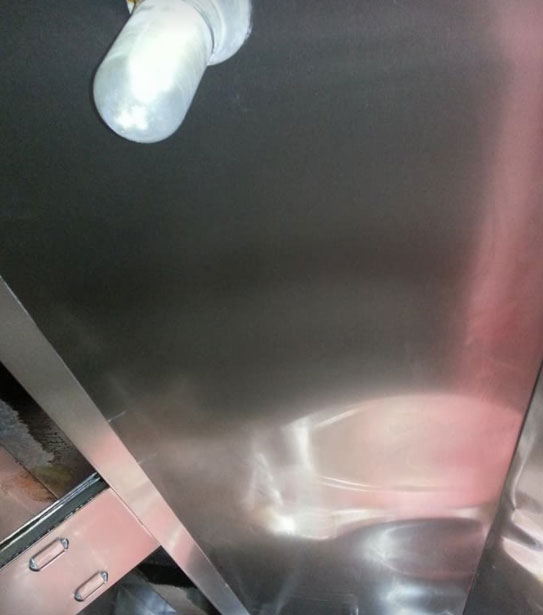
In conclusion, it is evident that hood cleaning is not just a matter of hygiene but a critical step towards unlocking savings and supporting energy efficiency in San Jose kitchens. By investing in regular cleaning and prioritizing the health of your exhaust system, you can enjoy reduced energy costs, extended appliance lifespan, and improved safety. So, embrace the power of hood cleaning and let it lead the way to a more efficient and cost-effective kitchen.
FAQs (Frequently Asked Questions)
Q: How often should I clean my kitchen hood?
A: It is recommended to clean your kitchen hood every three to six months, depending on the frequency of use and the type of cooking conducted.
Q: Can I clean the kitchen hood myself?
A: While it is possible to clean the hood yourself, hiring professional hood cleaning services ensures a more thorough and effective job.
Q: Does hood cleaning reduce fire risks?
A: Yes, regular hood cleaning significantly reduces the risk of kitchen fires by removing grease buildup, which is a major fire hazard.
Q: Will a clean kitchen hood lower my energy bills?
A: Absolutely! A clean hood allows for more efficient ventilation, leading to reduced energy consumption and lower energy bills.
Q: How can I extend the lifespan of my kitchen appliances?
A: Regular hood cleaning alleviates strain on appliances, leading to an extended lifespan and reduced need for repairs or replacements.
Q: Can hood cleaning help with insurance savings?
A: Yes, a clean kitchen hood reduces the risk of fires, potentially leading to lower insurance premiums.
